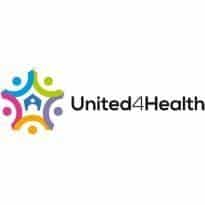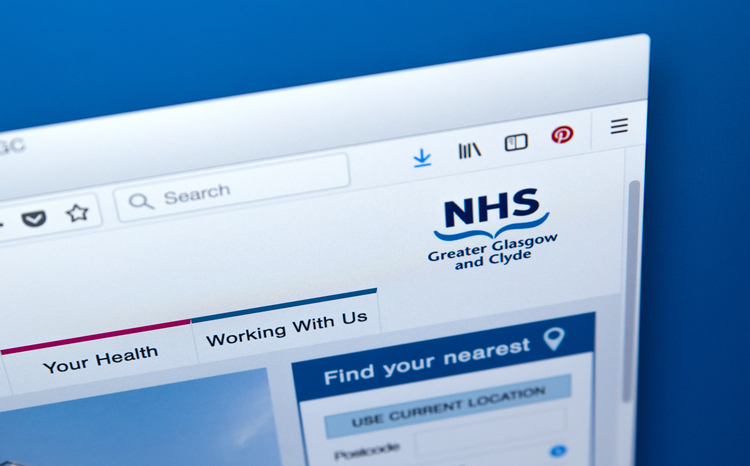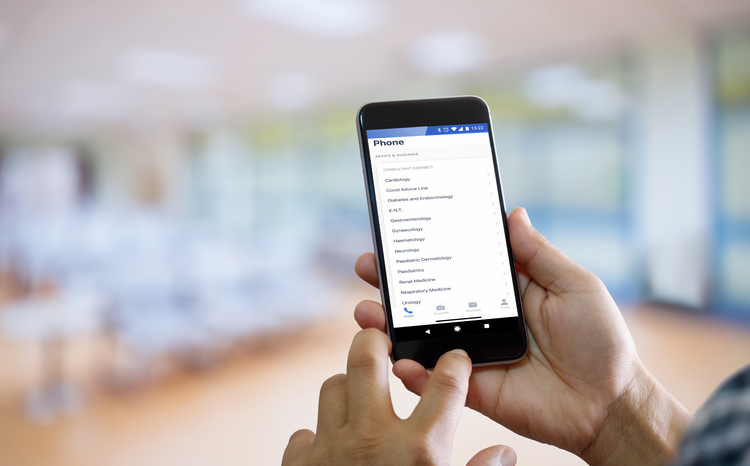Scottish COPD patients United4Health
- 5 September 2014

NHS Greater Glasgow and Clyde will deploy tablet devices to patients with chronic obstructive pulmonary disease and heart failure as part of a pan-European telemonitoring study.
The project is part of United4Health, a pan-European study designed to assess organisational and economic benefits of using telemonitoring to manage COPD patients in their homes.
The health board is working with mobile healthcare company Safe Patient Systems to provide mobile healthcare services to patients.
Janice Kinnaird, project manager for the United4Health programme at NHS Greater Glasgow and Clyde, said the board would test the difference these tablets “may make to patients and those who care for them.”
“Our COPD patients will be the first in the UK to recruited from hospital and receive the devices within 24 hours of discharge,” she said.
COPD patients enrolled in thescheme will begin with high level telemonitoring, staying in contact with specialist nurses through video conferencing when they are discharged.
Once they are stable, they will be moved to a moderate level of monitoring before eventually stepping off the service.
The United4Health study, which spans across 15 regions in Europe will evaluate short-term follow-up after hospital discharge for COPD patients and longer-term remote monitoring of heart failure patients.
The €10m project, partly funded by the European Commission, starts from the premise that telemedicine will improve services and cut costs by reducing home visits and hospital admissions; as long as it is used in an “optimal” way.
It acknowledges that telehealth has been extensively trialled, not least by the Whole System Demonstrator randomised control trial in England, but says its projects will be larger and more focused.
“The WSD, Renewing Health and some 130 other randomised controlled trials of telemedicine interventions carried out throughout the globe have already demonstration all that could be demonstrated on the clinical impact of telemedicine on chronic conditions,” a fact sheet says.
“United4Health will focus on the organisational aspects, the efficiency gains, and the economic aspects of the telemedicine interventions.”
The WSD programme was set up by the Department of Health to make the case for telehealth and telemedicine.
‘Headline’ findings were used to launch the 3millionlives campaign to kickstart the industry in England.
However, the publication of detailed findings has failed to support its early promise. Researchers have concluded that the telehealth and telecare interventions in the WSD were not value for money, and may have been of little benefit to patients.
Despite this, the United4Health study is convinced that it can: “give scientific validity to the results and will promote adoption of remote patient monitoring and treatment on a large scale.”




